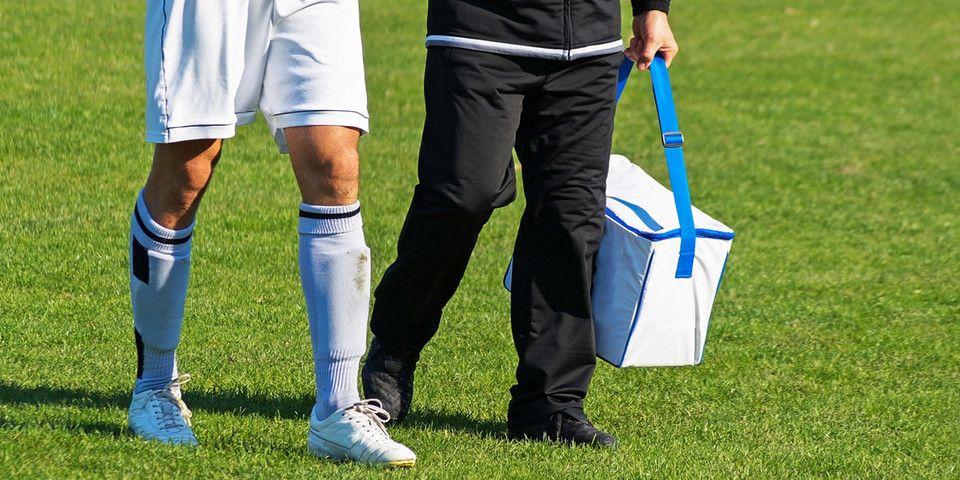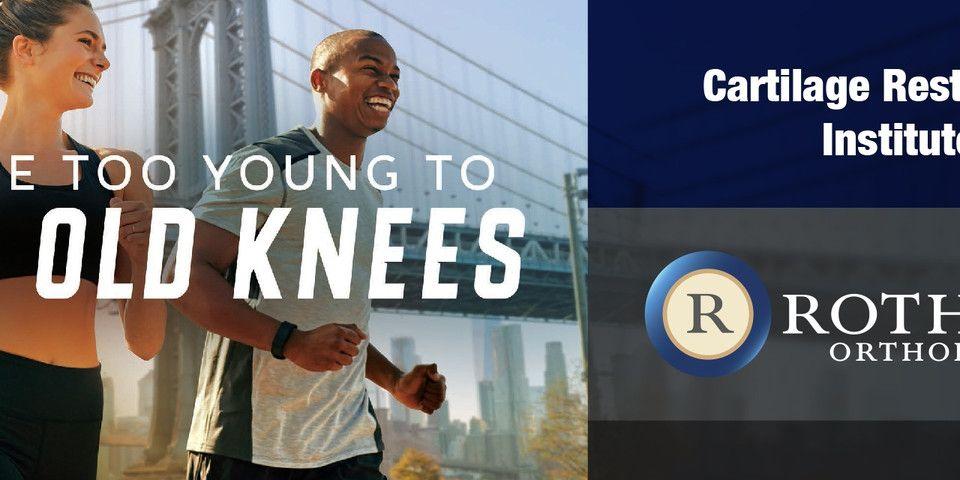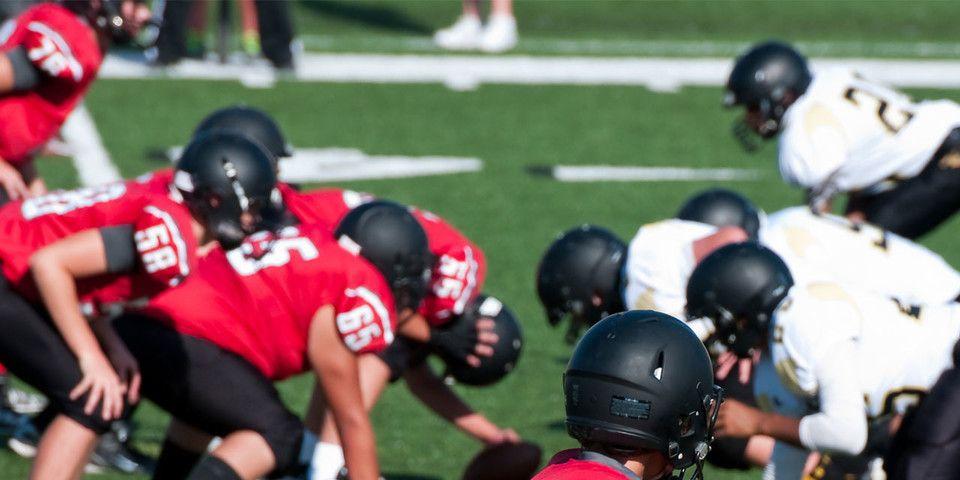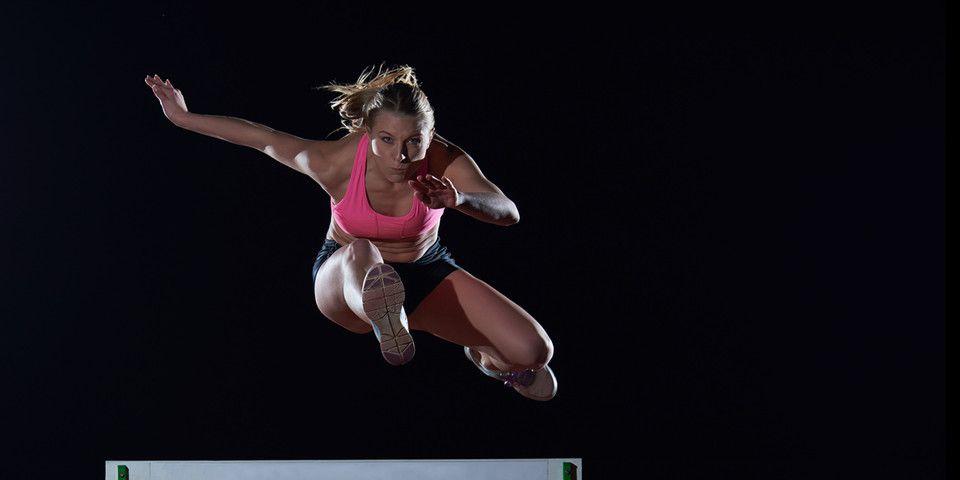Running can put intense stress on your Achilles tendon; this may lead to a painful condition known as Achilles tendinitis. The experts at Rothman Orthopaedic Institute can help you to prevent and treat this condition.
While running may make you feel healthier than ever, it also puts you at higher risk of injury. This is exactly the type of scenario when those pesky aches and pains start to crop up. A common overuse injury is Achilles tendinitis. Left to run its course, this injury can really be the “Achilles heel” of your summer running routine. But don’t worry, continue reading to learn about prevention and treatment of Achilles tendinitis.
Five Tips for Preventing Achilles Tendinitis
Achilles tendinitis is an injury that results from overuse of the Achilles tendon. This tendon, which connects the lower calf muscles at the back of the leg to the heel bone, can be strained or damaged by intense or repetitive activity.
This creates symptoms of aching pain above the heel or the back of the leg following running activity. Symptoms of tenderness or stiffness are likewise caused by this condition.
The good news? There are numerous measures you can take to prevent Achilles tendinitis. In fact, the best treatment for this condition is prevention. Here are five key prevention tips to keep in mind this running season:
-
Ease into the running season.
The majority of Achilles tendinitis cases result from increasing the intensity, frequency, or duration of running activity too quickly. Instead, intensity should be gradually and cautiously increased. -
Build up your calf muscles.
As previously mentioned, the Achilles tendon connects the heel bone to the calf muscle. Strengthening your calves enables the Achilles tendon to endure stress without being damaged. -
Wear proper footwear.
Shoes of an inappropriate design or improper fit can add stress to your Achilles tendon and compromise your running form. Make sure your shoes fit properly, cushion your heel, and support your arch. -
Stretch before and after activity.
Stretching before and after you run can help to maintain flexibility in the Achilles tendon and prevent tendinitis. Stretching in the morning is also recommended. -
Incorporate cross-training into your exercise regimen.
Because running is a high-impact activity, alternating your running activity with lower-impact activities (biking, swimming, etc.) can help to prevent overuse injuries such as Achilles tendinitis.
Have the symptoms of Achilles tendinitis already begun to set in? Don’t worry - there are effective nonoperative options available for treating this condition.
Five Treatment Options for Achilles Tendinitis
-
R.I.C.E.
Rest, icing, compression, and elevation can reduce tendon inflammation. -
Anti-Inflammatory Medication
Non-steroidal anti-inflammatory medication can help to reduce pain and swelling. -
Heel Wedge
A heel wedge insert in the shoe can minimize stress on the Achilles tendon. -
Immobilization
Immobilizing the foot and using a walking boot or cast can effectively reduce the symptoms of Achilles tendinitis. -
Physical Therapy
A prescribed regimen of stretching, activity, and rehabilitation can restore the Achilles tendon.
In severe cases of Achilles tendinitis, your doctor may recommend surgery. If this is the case for you, the doctors at Rothman Orthopaedic Institute offer the most reliable and effective surgical treatments available. After an examination, the specialists at Rothman Orthopaedic Institute can help to determine the best course of treatment to address your particular Achilles tendinitis condition to get you up and running again. To learn more or to schedule an appointment, visit us here or contact us at 1-800-321-9999.
Related Specialties
Related Physicians
Related Conditions
Related Treatments
Related Services
Related Programs
-

Athletic Training- Sport Medicine Outreach
Our Field Athletic Trainers provide direct sports medicine care to youth, high school, college and professional athletes. Rothman AT’s provide athletic training services throughout Southeastern PA and NJ to interscholastic high schools, colleges, as well as tournaments and special events.Read More -

Cartilage Restoration Institute
This is a center where patients can go to have their disabled joint biological resurfaced, realigned, and stabilized without having the joint replaced by artificial materials such as metal and plastic. It is well known that the outcomes of patients under the age of 50 undergoing artificial joint replacement are not as good as we would like. Therefore we feel the future of Orthopaedics is to try to restore a joint back to its original anatomy by realignment, ligament reconstruction, and cartilage restoration.Read More -

Injury Prevention Program
The Injury Prevention Program at the Rothman Orthopaedic Institute is dedicated to the prevention of injuries from athletic participation, particularly youth sports.Read More -

Women’s Sports Medicine Program
The Women’s Sports Medicine Program at the Rothman Orthopaedic Institute is the first of its kind in the Philadelphia metro area and one of only several such programs specializing in the comprehensive care of the female athlete in the country.Read More





